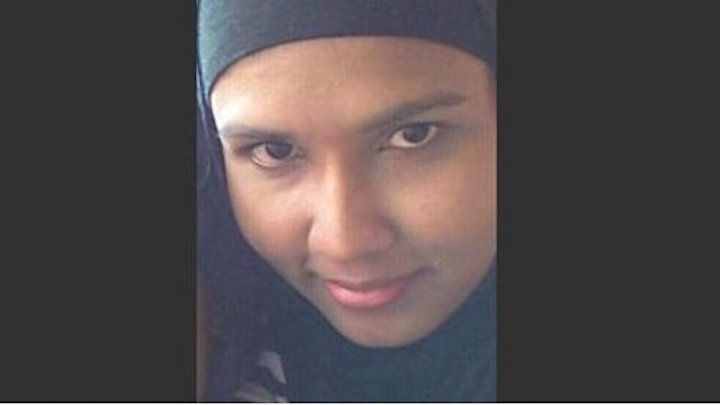May Day protester released from prison
The clemency board granted a conditional release for a woman jailed for hitting a police officer with an empty plastic coke bottle during the 2015 May Day anti-government protest.

04 Apr 2017, 09:00
The clemency board on Monday granted a conditional release for a woman jailed for hitting a police officer with an empty plastic coke bottle during the 2015 May Day anti-government protest.
Nasira Ali was sentenced to five years in prison on July 25, 2016 after she was found guilty on a charge of aiding and abetting assault using a dangerous weapon. Five men were also convicted on the same charge and jailed for five years.
Ahmed Lugman, spokesman at the Maldives Correctional Service, said Nasira would be returned to jail if she violates the conditions set by the clemency board.
Lugman refused to disclose the conditions. According to local media, Nasira must not be accused of committing a crime in the next three years.
Become a member
Get full access to our archive and personalise your experience.
Already a member?
Discussion
No comments yet. Be the first to share your thoughts!
No comments yet. Be the first to join the conversation!
Join the Conversation
Sign in to share your thoughts under an alias and take part in the discussion. Independent journalism thrives on open, respectful debate — your voice matters.




